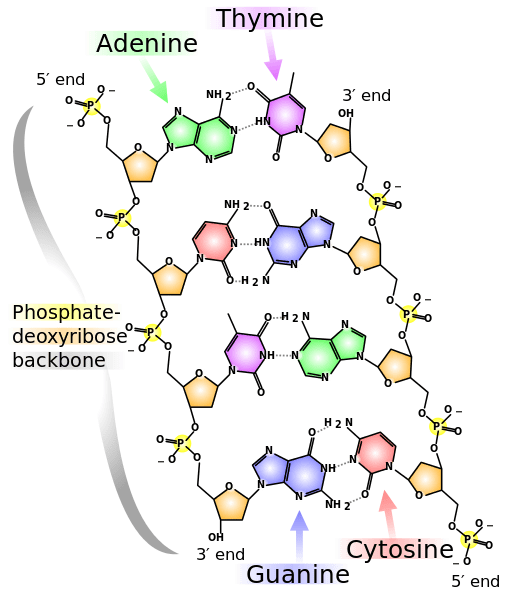Can genes predict the response to cognitive behavior therapy for Social Anxiety Disorder? The role of genetics for predicting the response to cognitive behavior therapy (CBT) for social anxiety disorder (SAD) has only been studied in one previous investigation. The serotonin transporter (5-HTTLPR), the catechol-o-methyltransferase (COMT) val158met, and thetryptophan hydroxylase-2 (TPH2) G-703Tpolymorphisms are implicated in the regulation of amygdala reactivity and fear extinction and therefore might be of relevance for CBT outcome. The aim of the present study was to investigate if these three gene variants predicted response to CBT in a large sample of SAD patients.
Method
Participants were recruited from two separate randomized controlled CBT trials (trial 1: n = 112, trial 2: n = 202). Genotyping were performed on DNA extracted from blood or saliva samples. Effects were analyzed at follow-up (6 or 12 months after treatment) for both groups and for each group separately at post-treatment. The main outcome measure was the Liebowitz Social Anxiety Scale Self-Report.
Results
At long-term follow-up, there was no effect of any genotype, or gene × gene interactions, on treatment response. In the subsamples, there was time by genotype interaction effects indicating an influence of the TPH2 G-703T-polymorphism on CBT short-term response, however the direction of the effect was not consistent across trials.
Conclusions
None of the three gene variants, 5-HTTLPR, COMTval158met and TPH2 G-703T, was associated with long-term response to CBT for SAD.
Read the full paper (open access) here:
Andersson, E., Rück, C., Lavebratt, C., Hedman, E., Schalling, M., Lindefors, N., Eriksson, E., Carlbring, P., Andersson, G., & Furmark, T. (2013). Genetic polymorphisms in monoamine systems and outcome of cognitive behavior therapy for social anxiety disorder. PLoS One, 8, e79015.
